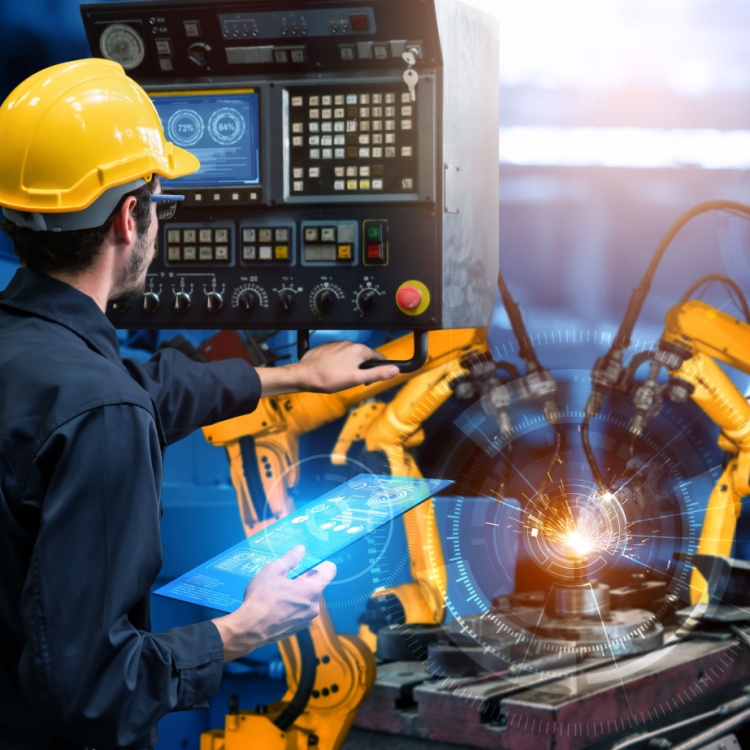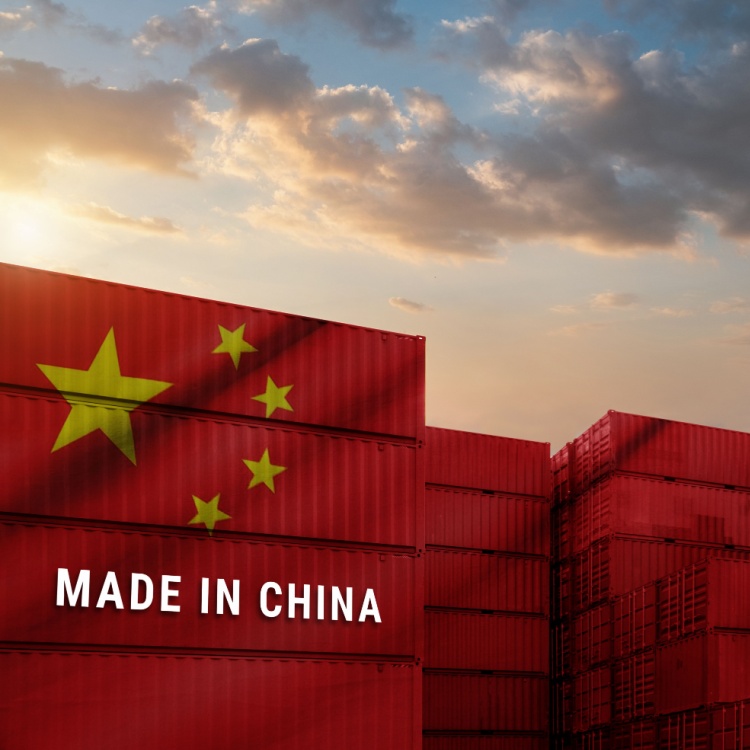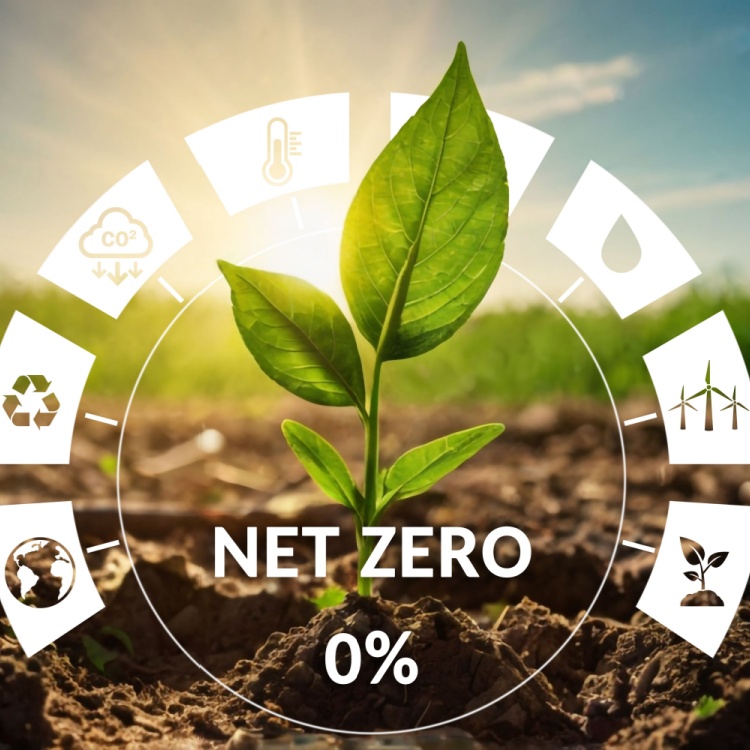LFP Batteries Rev up in 2023
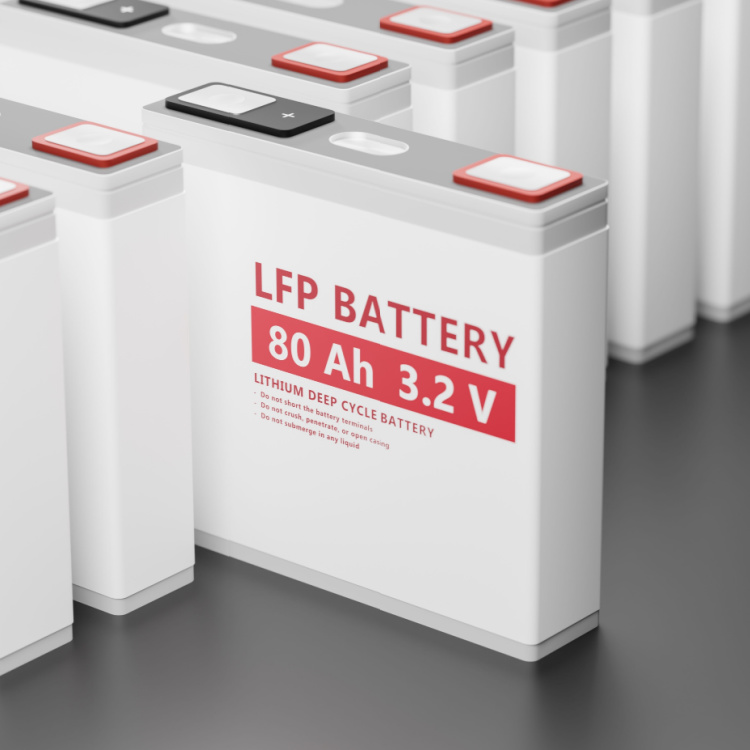
The electric vehicle (EV) industry is rapidly growing—for good reason. Customers are realizing the many benefits of using EVs, such as less pollution and more savings in the long run. However, one major thing that keeps the industry from soaring is the EV’s high price. One way to significantly lower its price is to use lithium iron phosphate (LFP) batteries, which are both more affordable and eco-friendly.
According to Fortune Business Insights, the lithium iron phosphate (LFP) battery market is set to soar to almost US$50 billion by 2028. This translates to a CAGR of over 25% from 2021 to 2028. While LFB batteries are likely to increase the demand for EVs, the EV market’s expansion will also increase the manufacturing of said batteries.
What makes LFP batteries promising?
Lithium iron phosphate batteries are a type of lithium-ion battery already making waves in China’s EV market. Even if these batteries were actually invented in North America, they’re only making headway now. Here are some reasons why LFP batteries are heading toward success.
- Eco-awareness
EVs are attractive because they lower one’s carbon footprint. Boosting their sustainability is the LFP battery, which eliminates the traditional use of cobalt, nickel and other minerals, which are shipped to North America. This equates to high transport costs and pollution.
- Reduced costs
The nickel and cobalt utilized in the majority of today’s EV batteries are experiencing low supply and high demand due to the increased EV sales—a surefire way to increase these materials’ prices. According to Forbes, nickel and cobalt have increased prices by over 100% compared to 2021 figures. Aggravating the situation is the Russian-Ukraine conflict, worsening global inflation.
- More secure supply chain
LFP batteries utilize materials that are easier to harvest than nickel and cobalt. Their primary cathode materials are iron and phosphate, widely accessible from the Earth’s mantle. These materials are also well distributed all over the world, meaning they are highly obtainable.
- Evolving technology
As the more affordable LFP batteries gain traction, technology advances, unlocking opportunities to use these power sources for bigger projects. For instance, grid infrastructure and power storage device manufacturers have displayed a keen interest in LFB batteries because of their easy installation, minimal self-discharge rate, and cost-effective solutions.
- Increased investments
Industry players are increasingly investing in LFP batteries, such as automotive companies and makers of smartphones, laptops, and other tech gadgets. Fortune Business Insights states that Lithium-ion battery manufacturers have increased their investments in Europe, mainly the UK, Germany and France, to achieve zero emissions by 2050. Pro-environment government policies are also likely to boost these batteries’ growth.
The only thing that can stop the rise of LFP batteries is other EV battery innovations, which offer similar benefits.
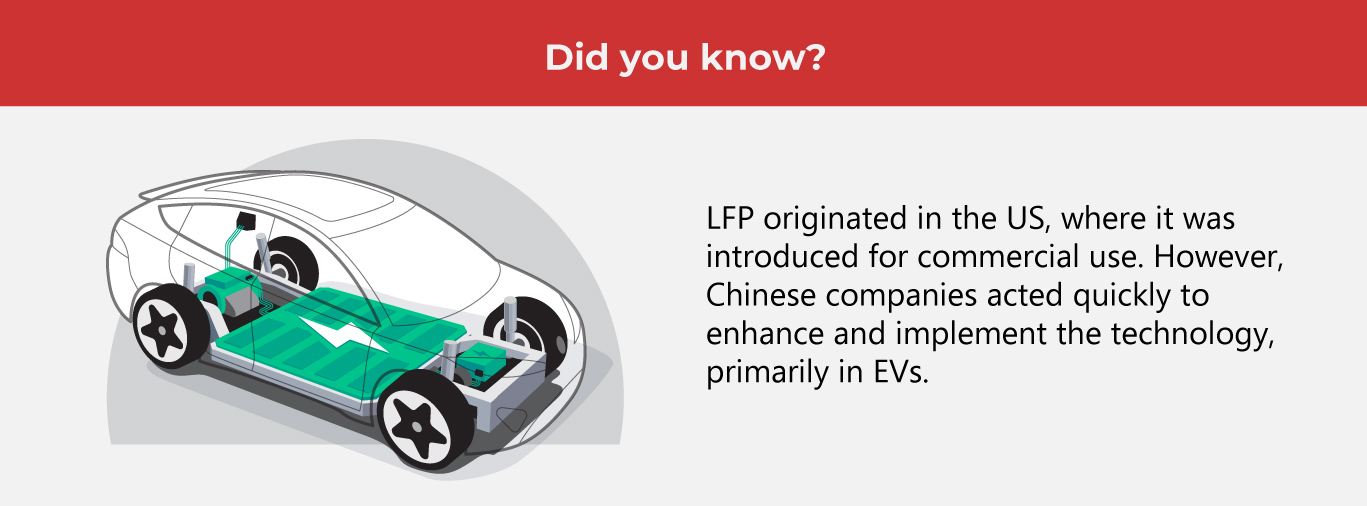
More benefits of using LFP batteries
Still not convinced that these batteries are a skyrocketing trend in the EV market? Here are more reasons why LFP batteries are building momentum.
- Perfect for dedicated route drivers
If long-range driving isn’t your concern because your daily drives consist of quick, routine excursions, then the LFP batteries are for you. Delivery drivers, employees and others who follow the same route daily and have ample opportunities for frequent charging can benefit from these battery types.
- Long lifespan
Compared to conventional lithium-ion batteries, LFP batteries have a longer life cycle and can endure more charge and discharge cycles without capacity loss. Unlike other batteries, they can also be charged fully at 100% without degradation. Because of their durability, you don’t have to keep replacing them, which boosts your savings.
- Improved energy density
Manganese, also present in the nickel-cobalt EV batteries, has improved LFP batteries’ power capacity. Top carmaker Toyota recently stated that manganese-infused LFB batteries have a maximum range of 724 kilometers or 450 miles.
- Boosted safety
In 2020, Chevy recalled over 60,000 Bolt electric cars because of a battery problem that posed a fire risk. This is because nickel-cobalt battery chemistries are more likely to lead to thermal runaway due to production defects or physical damage. Since this battery type generates oxygen, extinguishing these fires is quite challenging.
Meanwhile, LFP batteries don’t contain oxygen, making them safer and more stable even in harsh weather conditions. Environmental safety is also ensured as these batteries are cobalt-free. Cobalt’s potentially harmful effects include human and animal poisoning, soil contamination and ocean toxicity.
Milestones in the LFP battery industry
Here are some significant advancements in the LFP battery sector that have made this product a pivotal player in the EV industry.
Key Industry Developments
2021 - The India-based International Advanced Research Centre for Powder Metallurgy and New Materials discovered a technique to produce LFP cathode materials for lithium-ion batteries.
2021 – EV market leader Tesla embraces LFP batteries, announcing its plans to use them for the automaker’s entry-level Model 3 and Model Y vehicles. Ford and Volkswagen also stated their intentions to use these batteries for their vehicles.
2023 – Toyota Motor and Hyundai followed suit, disclosing plans to equip their upcoming vehicles with LFP batteries.
2023 - LFP battery advocate Our Next Energy, a start-up based in Michigan, is constructing its battery production complex worth over US$1.5 billion. According to its founder, LFP batteries are nearing the energy density of traditional EV batteries while offering additional longevity and safety.
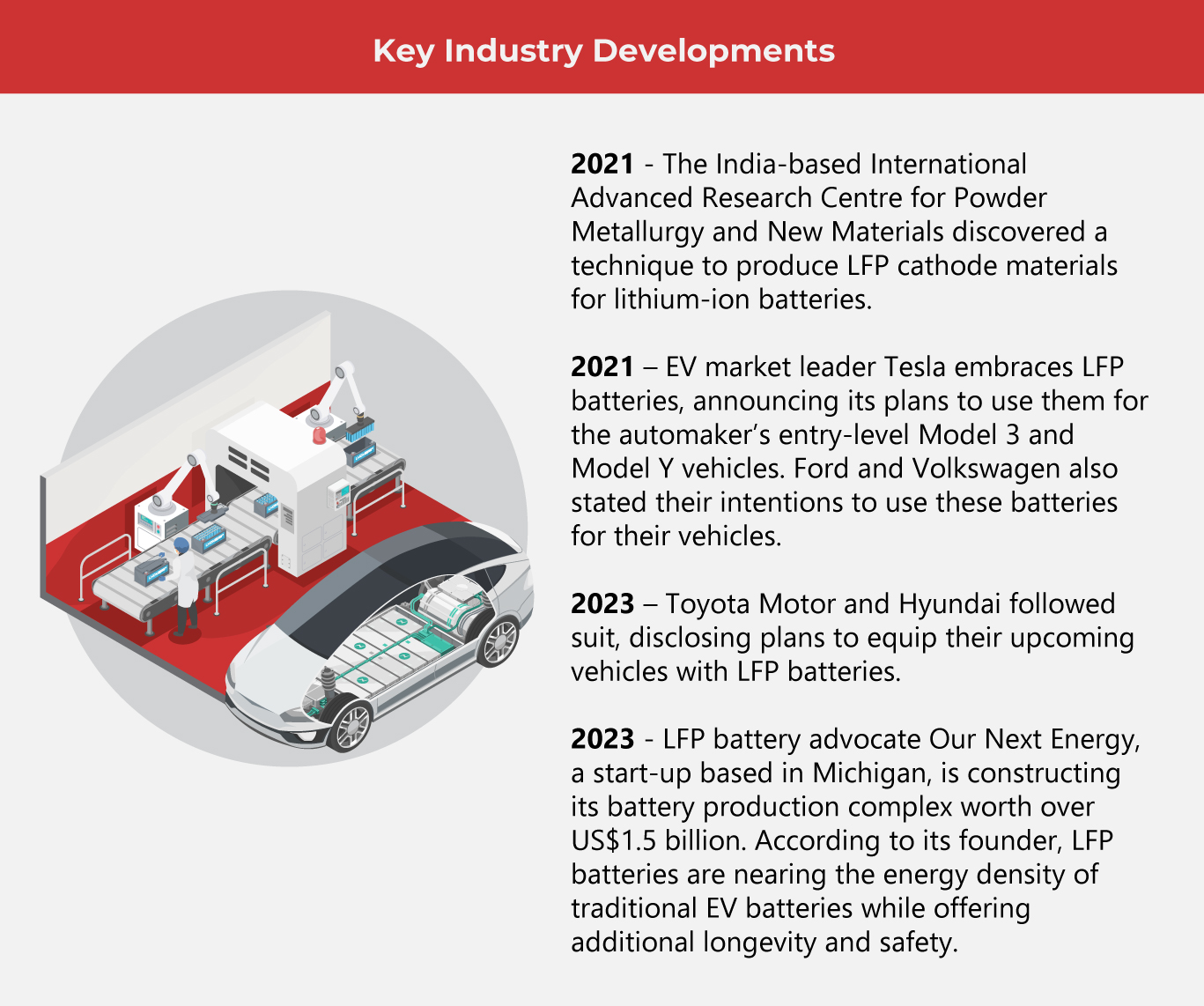
LFP, now and in the future
According to Design News, LFPs power 17% of the world’s EV market. This figure is expected to rise in the coming years as bigger vehicles, such as electric buses and trucks, embrace the technology.
It also helps that investments are pouring in from different parts of the world. South Korea, Israel and Norway declared their commitment to establish LFP battery manufacturing facilities in the US. While some of these batteries will be used in vehicles, others will be for energy storage systems.
With all these developments and benefits LFPs offer, this battery technology can transform the EV industry, driving us closer to a more energy-efficient future.
As one of the Top 20 EMS companies in the world, IMI has over 40 years of experience in providing electronics manufacturing and technology solutions.
We are ready to support your business on a global scale.
Our proven technical expertise, worldwide reach, and vast experience in high-growth and emerging markets make us the ideal global manufacturing solutions partner.
Let's work together to build our future today.
Other Blog
